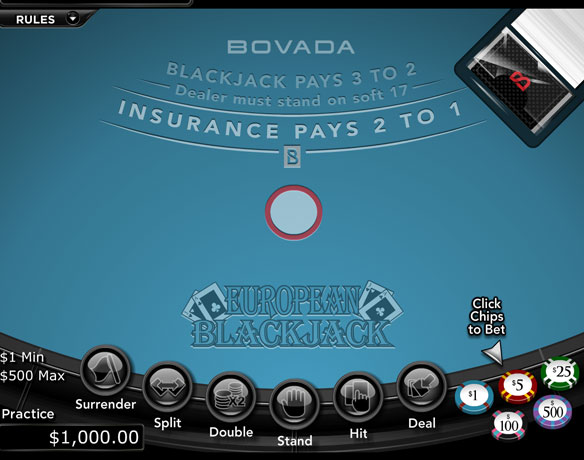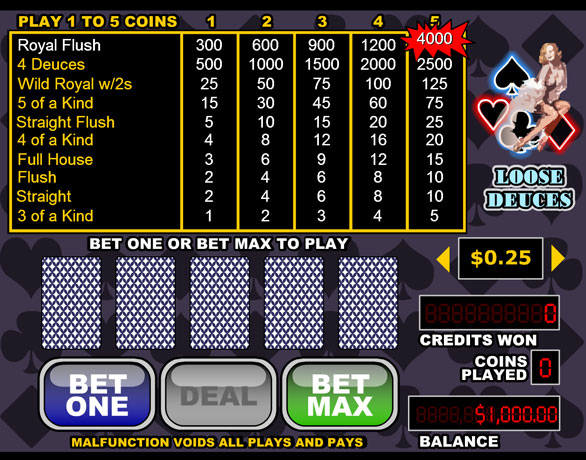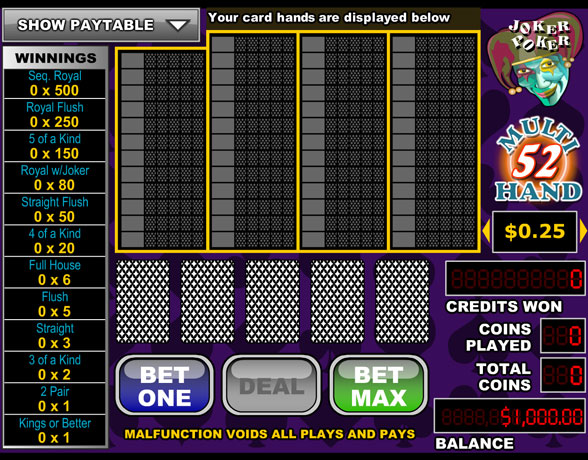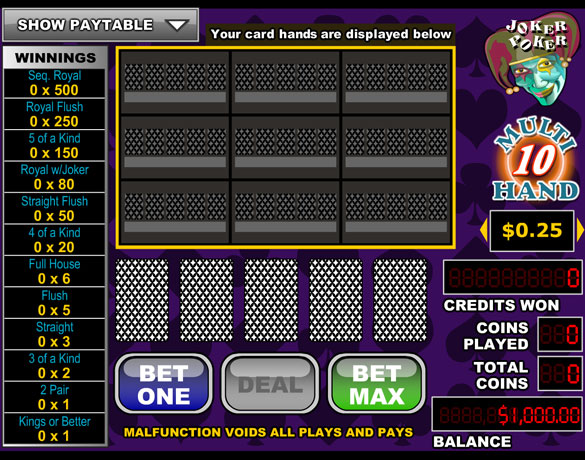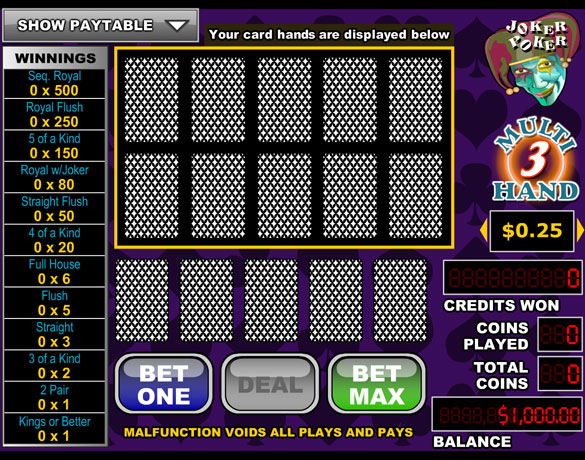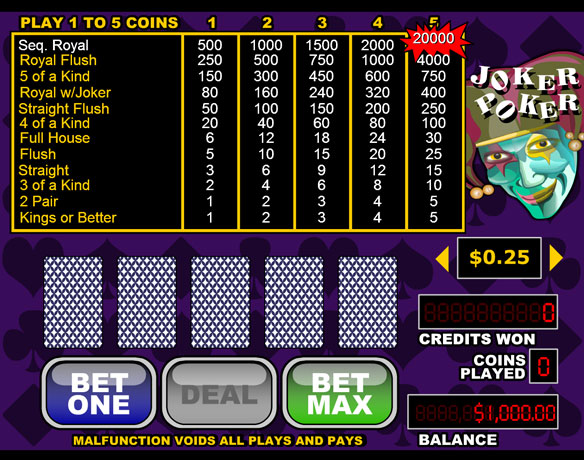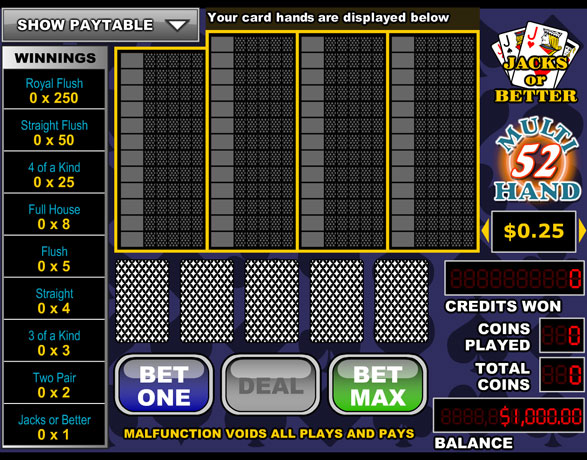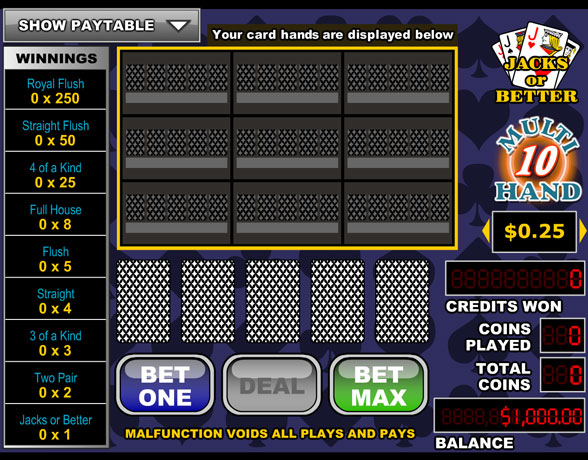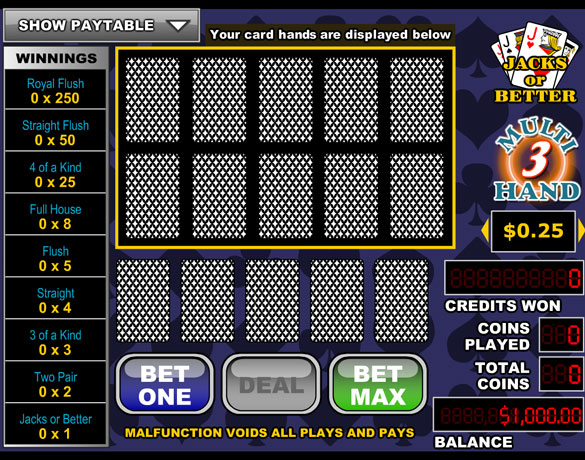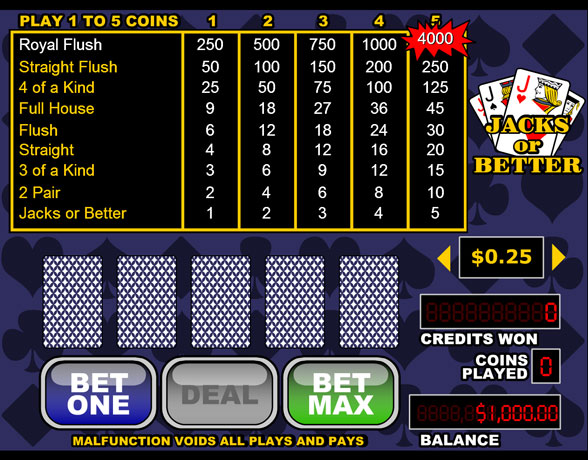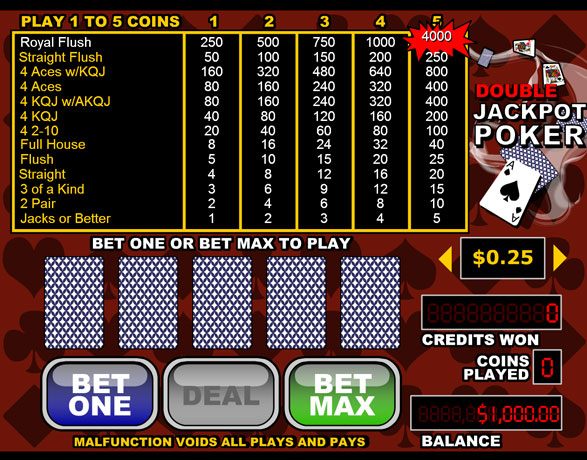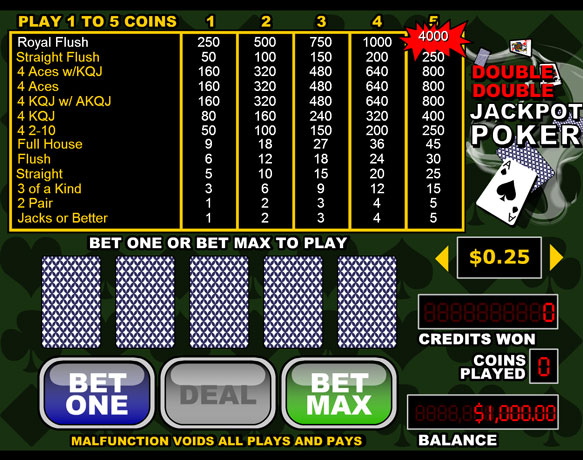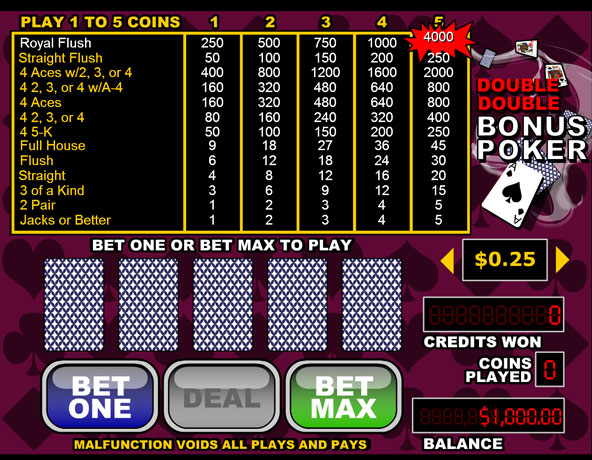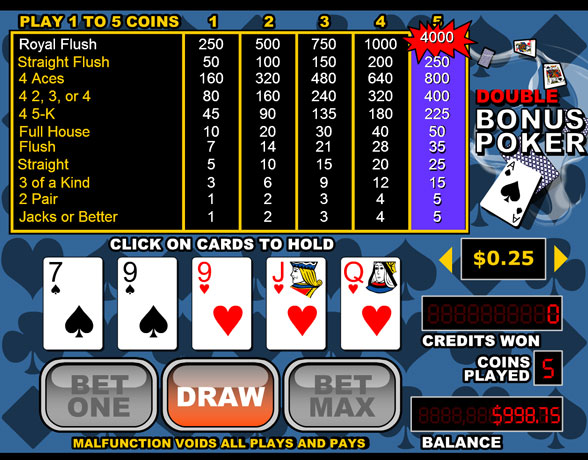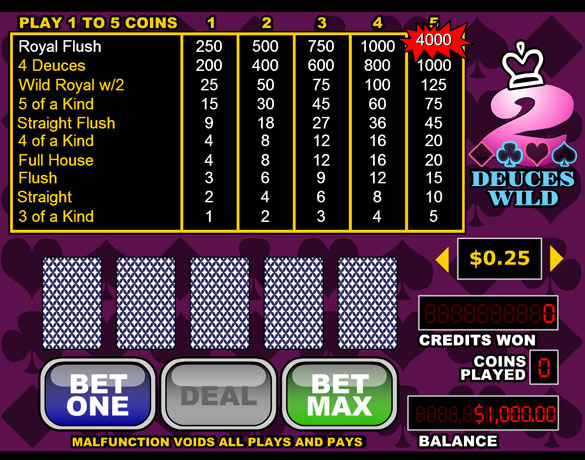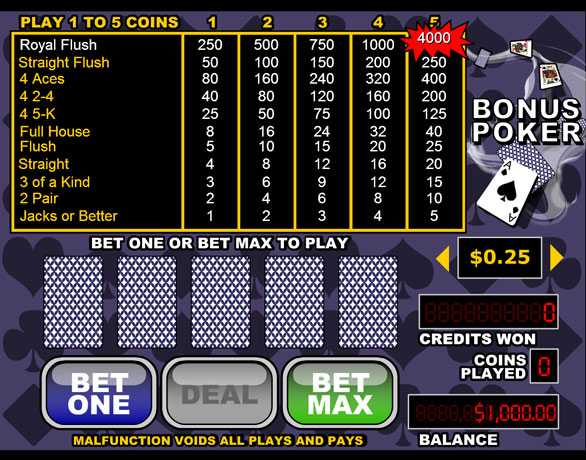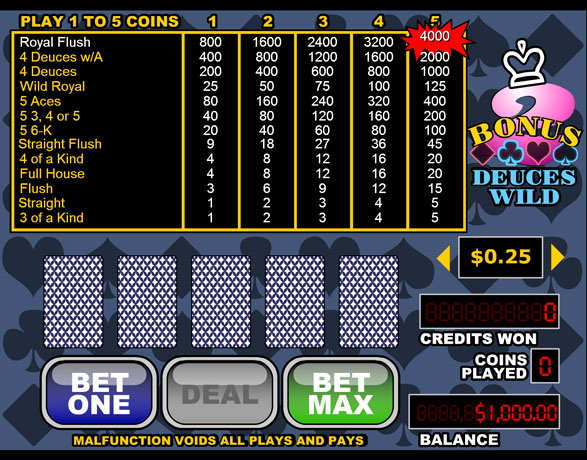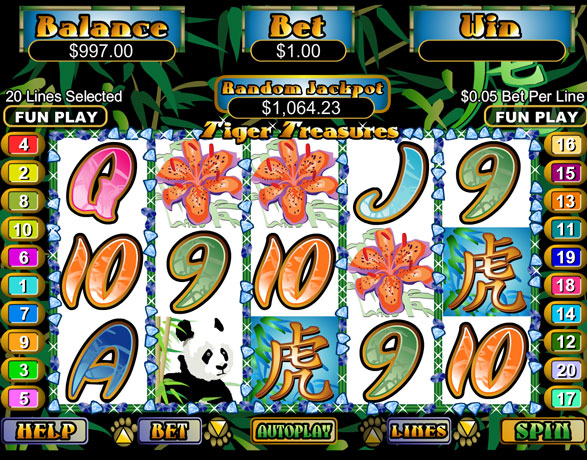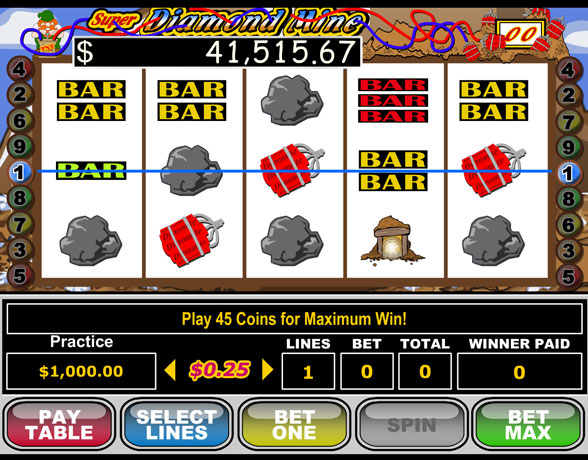Over time, numbers evolved to something more than a counting rocks and herd. Numbers became mystical and not without wonder. The ancient Chinese are believed to be among the first to give numbers the label of lucky. In Chinese culture, some numbers are believed to be fortunate or unfortunate. Primarily, odd numbers are thought to be unlucky in Chinese culture, leaving the even numbers to be the luckier. The Chinese believe that good luck comes in pairs, just like in poker.
Almost every culture holds some numbers to a lucky standard. The number 7 has been considered to be lucky for centuries. Though its origins are up for debate, there are many instances throughout history that reference the number 7 and its lucky nature. The Pythagoreans referred to 7 as the “perfect number,” stating that 3 and 4, the triangle and the square, were the perfect figures.
Some thought the luck came from 7 ancient planets, the sun being the greatest. The moon changed its shape every 7th day, the Arabians had 7 Holy Temples, the Goths and the Romans had seven deities, and so on.
The number 13 acts as the number 7s complete opposite in many ways. One similarity they do have is their uncertain nature. Some say the unlucky 13 finds its roots with the last supper, where there were 13 present at the table. Also, one of the meanest Norse gods named Loki arrived to a gathering at Valhalla, the banquet hall of the gods. There were only 12 guests present until Loki arrived. After Loki arrived, the gathering took a grim turn. Even hotel owners believe in the luck of certain numbers by not having a 13th floor.
Whether there is true luck in some number or not remains a mystery. We put our own luck in special birthdays, anniversaries and how many pets you had as a child. Put luck in your own heart and hands.

